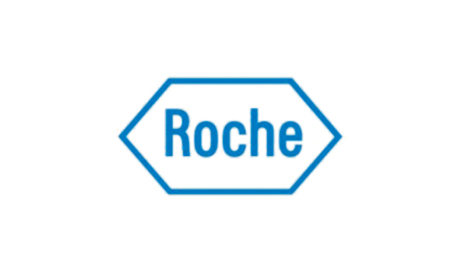fiercepharmaJanuary 23, 2019
After two recent, huge tie-ups between Takeda and Shire and Bristol-Myers Squibb and Celgene, megamergers seem to be a biopharma trend. But Roche isn't interested in big M&A, its chairman said.

The company is "extremely cautious when it comes to any kind of megamerger," Roche Chairman Christoph Franz told CNBC at the World Economic Forum in Davos, Switzerland. Not only are huge deals costly, money-wise, but integrating big buyouts costs time and effort that's "deviating you, maybe from some of your core activities, like, for example, research and development," Franz told the network.
"That’s the reason why we are focusing on targeted ideas, outside our company, and then creating partnerships," Franz said, adding that in some cases Roche would do some small- or medium-sized deals.
Franz’s comments come after this month’s $74 billion merger announcement between Bristol-Myers Squibb and Celgene, which ranks among pharma’s largest-ever deals. Also this month, Takeda closed its $62 billion buyout of Shire.
RELATED: Bristol-Myers scores first big deal of 2019 with $74B buyout of oncology bigwig Celgene
Some industry watchers questioned the motives behind those deals, and insiders at Takeda pushed back against its own proposed buyout. But while the long-term results of those acquisitions remain to be seen, Franz said his company isn’t in a position where it needs to scoop up another large pharma.
"We are benefiting from one of the best innovative pipelines, with new medicines upcoming, so there is no need to focus on acquisitions to create size," he told CNBC.
It’s a position shared by Pfizer’s new CEO Albert Bourla, who once again swore off a megadeal during his conversation at the J.P. Morgan Healthcare Conference in San Francisco. Asked by JPMorgan analyst Chris Schott about M&A, Bourla said the company has a "unique window of opportunity to get it right with our pipeline and the new launches," and that he doesn’t want to do a "distractive" deal.
While some top pharma execs plan to stay away from megamergers, that doesn’t mean M&A will slow entirely. Even after Bristol’s megadeal, Eli Lilly struck an $8 billion buyout of cancer specialist Loxo Oncology in early January. And GlaxoSmithKline just closed its $5 billion deal for cancer drugmaker Tesaro.
Market watchers expected an M&A boom in 2018 after U.S. tax reform, but smaller companies' share prices—and hence valuations—remained high, putting a drag on M&A activity. Now, with lower valuations, a "pent-up demand" for buyouts and other factors, Michael Levesque, senior vice president at Moody’s, previously told FiercePharma he believes there will be an uptick of M&A this year.
Register as Visitor to CPhI China 2019!

-----------------------------------------------------------------------
Editor's Note:
To apply for becoming a contributor of En-CPhI.cn,
welcome to send your CV and sample works to us,
Email: Julia.Zhang@ubmsinoexpo.com.


Contact Us
Tel: (+86) 400 610 1188
WhatsApp/Telegram/Wechat: +86 13621645194
Follow Us:




 Pharma Sources Insight January 2025
Pharma Sources Insight January 2025


